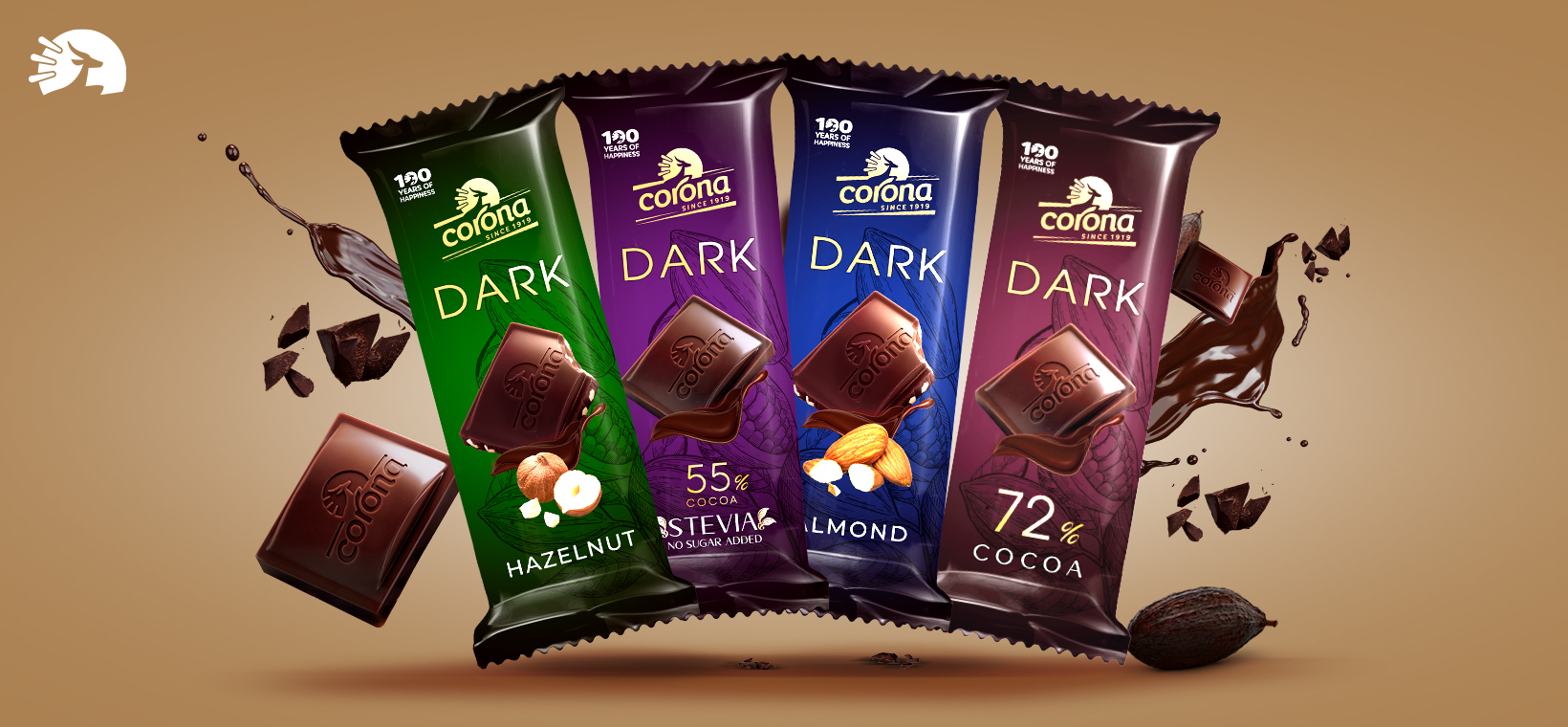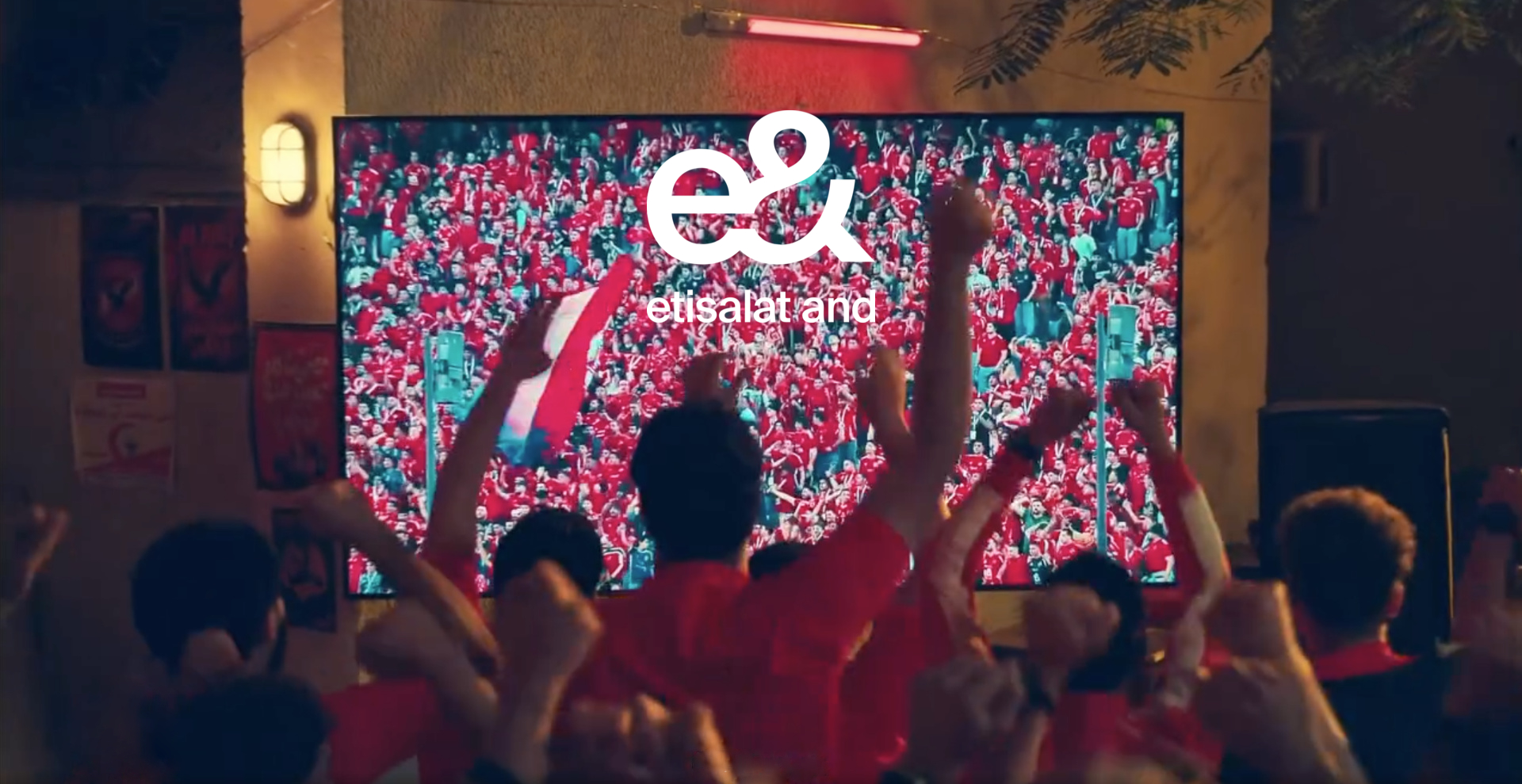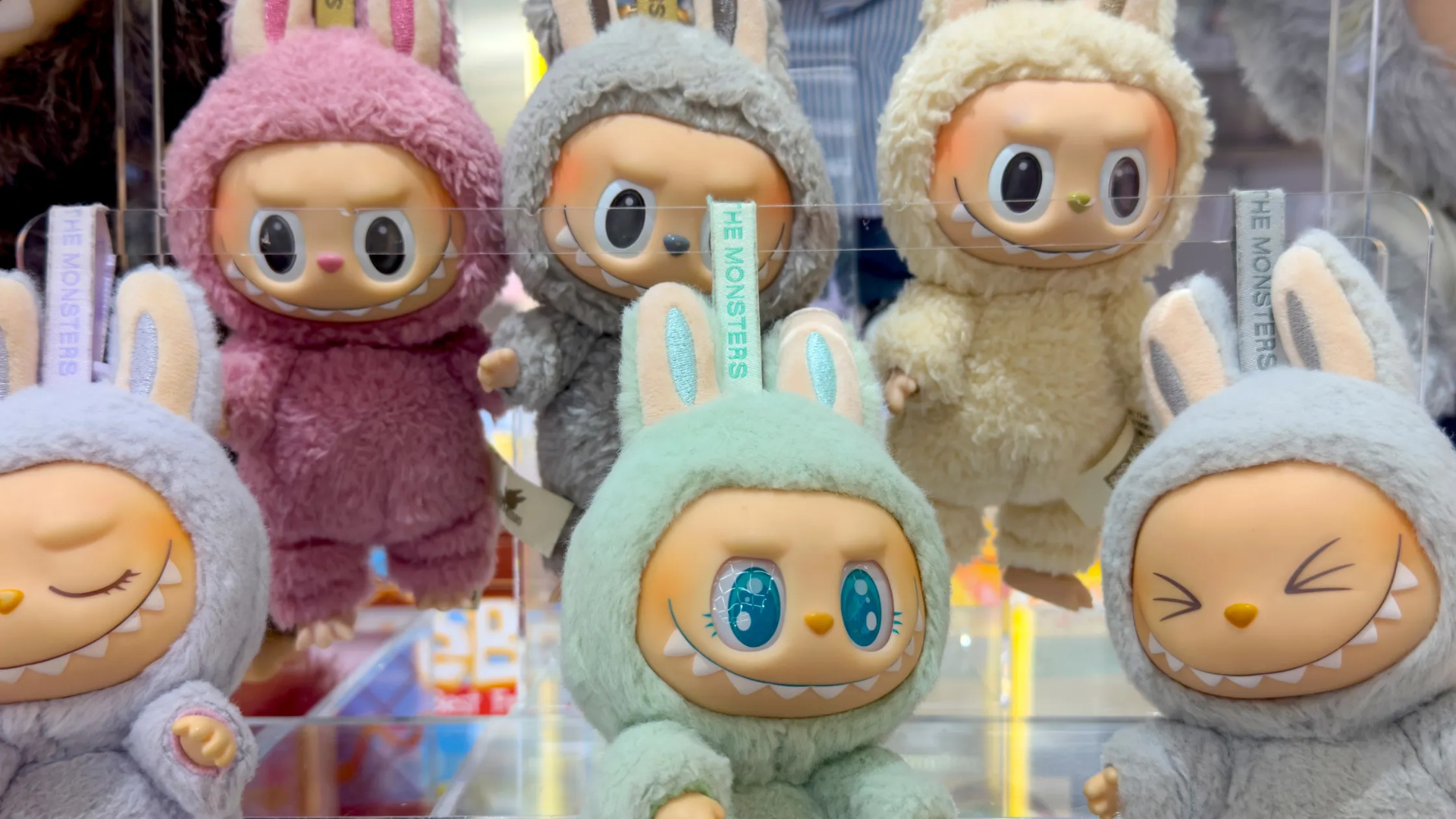Corona, a name that undoubtedly brings to mind countless memories and emotions, some unforgettable, etched into our collective history. It’s a name the world now associates with the devastating COVID-19 pandemic, a crisis so significant that it redefined global consciousness. Yet long before 2019, Corona was already a well-known brand name in different corners of the world, most notably in Egypt and Colombia. We will also discuss brand strategy, specifically focusing on heritage brand strategy.
In this article you will read about:
- What Is the Origin of the Word “Corona”?
- Egypt 1919: Where Corona Began to Melt into the Heart of the Nation
- How Corona Handled the Pandemic Without Saying a Word
- From Brand Name to Meme Frame: How Egyptians Reacted to “Corona” in 2020
- From Egypt to Colombia: When “Corona” Meant Warmth, Not Crisis
- Founded in 1920: A Century of Chocolate, Ritual, and National Identity
- When the Coronavirus Hit: A Moment of Brand Clarity
- The Public Reaction: Not Mockery, But Embrace
- One Name, Two Narratives: How Corona in Egypt and Colombia Faced 2020
- Intimacy vs. Distance
Two brands, different nations, one name
Egypt and Colombia share more than just the name: both built iconic food brands called Corona, each rooted in its own culture and culinary tradition. Though they differ in packaging, style, and target audiences, they both hold a special place in their countries’ heritage branding strategy. Read on to explore the fascinating histories of these two brands, and how they navigated the challenges of sharing a name with one of the most feared events in recent global history.
What is the origin of the word Corona?
The word “corona” carries two primary meanings, both rich in imagery and history.
The first originates from Latin, where corona means “crown.” This is precisely why the virus was given its name: under a microscope, the virus appears surrounded by spike-like structures resembling the points of a royal crown. The name, then, was chosen to reflect this distinctive shape.
The second meaning, no less poetic, refers to the “solar corona”, the outermost layer of the sun’s atmosphere. It becomes dramatically visible as a radiant halo during a total solar eclipse, encircling the moon like a luminous wreath.
In both senses, “corona” evokes the image of something powerful, radiant, and, at times, fearsome, whether it’s a celestial ring of fire or a microscopic agent of global transformation.
Egypt 1919: Where Corona First Melted into the Land
Corona’s story began in 1919, not just as a chocolate factory in Ismailia, but as a heartfelt conversation between product and place. Founded by Greek entrepreneur Tommy Christou, Corona quickly became more than a confectionery brand, it became a cultural companion in Egyptian life.
Through the 1940s and 1950s, Corona chocolates weren’t just bought, they were gifted, remembered, and trusted. Its branding evolved naturally, never aggressively. Packaging spoke with charm, not volume. By the Nasser era, Corona was nationalized, but it didn’t lose its soul, it stayed rooted in emotional familiarity.
In the 1990s, privatization brought new energy, but it was 2020 that marked a thoughtful renaissance. Corona embraced modernity with digital storytelling, nostalgic packaging revamps, and a polished new logo, refined with slight changes that respected its legacy. It positioned itself as proudly local, rooted in memory yet open to the future.
Corona’s branding has never shouted. It whispers with history, smiles with flavor, and melts quietly into every Egyptian heart.
How Corona Handled the Pandemic Without Saying a Word
In 2020, as the world was frozen in uncertainty and nearly every brand pivoted their messaging to include phrases like “in these difficult times”, Corona Egypt took a surprisingly silent approach. Scrolling through their Instagram from that year, something becomes clear: there is no mention of COVID-19 at all, no hashtags, no statements, no campaigns referencing the pandemic.
At first glance, this silence might seem unusual. But from a branding perspective, it was a strategic decision rooted in long-term reputation management. With a name identical to a global health crisis, Corona had every reason not to associate its century-old brand with fear, illness, or death. Instead, they chose subtlety over statements, stability over trends.
Interestingly, Corona had just refreshed its logo and packaging at the end of 2019, launching it officially in 2020. The timing could have been problematic, but the brand leaned into nostalgia, Heritage branding strategy, and emotional familiarity, quietly reaffirming its identity without ever mentioning the storm outside.
Interestingly, the Corona company in Colombia had just refreshed its logo and packaging at the end of 2019, officially launching the new look in early 2020. While the global outbreak of the coronavirus pandemic could have posed a major branding challenge, the company turned this moment into a quiet opportunity. With the whole world unintentionally repeating its name daily, Corona in Colombia leaned into its heritage, nostalgia, and emotional familiarity, subtly reinforcing its identity without directly referencing the crisis. In doing so, it benefited from widespread name exposure while maintaining brand dignity and consumer trust.
From Brand Name to Meme Frame: How Egyptians Reacted to “Corona” in 2020
While the Corona brand strategically avoided any reference to the COVID-19 pandemic in its communications, the Egyptian public responded in a very different, and distinctly local, way. On social media, users quickly noticed the ironic overlap between the beloved chocolate brand and the name of the virus dominating global headlines.
Instead of distancing themselves from the association, many Egyptians embraced it with humor. A wave of memes surfaced, playfully referencing the brand with captions like “I’m not afraid of Corona, I eat it every day,” or “The only Corona I trust comes in a red wrapper.” These user-generated jokes didn’t mock the brand, they celebrated it.
In a time of fear and isolation, the Corona name, despite its unfortunate coincidence, became a cultural anchor. It reminded people of simpler times, childhood rituals, and familiar flavors. In a surprising twist, the meme culture not only preserved Corona’s emotional relevance but also reinforced its identity as a comforting, proudly local icon.
From Egypt to Colombia: When “Corona” Meant Comfort, Not Crisis
As Egypt’s Corona chocolate brand quietly distanced itself from the pandemic that bore its name, across the Atlantic, another “Corona” took a different approach. In Colombia, Chocolate Corona wasn’t just a sweet treat, it was an emotional staple, deeply rooted in daily rituals, especially the comforting tradition of hot chocolate. And when the world changed in 2020, this brand didn’t avoid the conversation. Instead, it leaned into its core identity: warmth, resilience, and home.
Founded in 1920: A Century of Chocolate, Ritual, and National Identity
The story of Corona Colombia began on 1920, under the name Compañía de Chocolates Cruz Roja in Medellín. Its mission was simple yet profound: to unite Colombia’s cocoa producers and provide families with quality chocolate at accessible prices. Not long after, Corona became part of Compañía Nacional de Chocolates, a move that expanded its reach and cemented its place on Colombian tables. Over the decades, Corona grew into a beloved household name, particularly known for its signature “table chocolate” used to make traditional hot chocolate.
This wasn’t just a product. It became a morning ritual, passed down across generations, served with bread and cheese, and shared among family. From modest beginnings to a national presence, Corona’s brand equity was never built on trend, but on trust, familiarity, and emotional warmth.
When COVID-19 Hit: A Moment of Brand Clarity
In 2020, the COVID-19 pandemic presented a unique branding challenge, especially for a company named “Corona.” But unlike other brands that sidestepped the issue or rebranded temporarily, Corona Colombia chose to meet the moment with quiet confidence.
Instead of distancing itself from the pandemic-related associations, the brand reaffirmed its heritage and emotional positioning. Through their digital channels, Corona emphasized themes of family, comfort, and staying at home. Its visuals reflected intimate kitchen moments, warm mugs of chocolate, and the quiet strength of routine during uncertainty. This wasn’t a rebrand, it was a return to roots.
By choosing authenticity over reaction, Corona Colombia successfully reclaimed the narrative around its name. It didn’t need to explain what it stood for, its century-long presence already told that story.
The Public Reaction: Not Jokes, But Genuine Connection
While the brand shared its name with a global crisis, Colombians didn’t respond with memes or mockery. Unlike other regions where the “Corona” name sparked online jokes, Colombia’s reaction was culturally distinct. The brand was so embedded in national tradition that it was emotionally untouchable.
Instead of distancing, the public drew closer. The name “Corona” meant a warm beverage with family, not a virus. It became a symbol of resilience and comfort, not fear. In homes across the country, mugs of hot chocolate were brewed with more meaning than ever before, not as an escape, but as an anchor.
Corona Colombia didn’t just survive 2020 with its brand intact, it emerged stronger, not by reinventing itself, but by doubling down on what it had always been.
One Name, Two Stories: Corona in Egypt and Colombia During a Global Crisis
In 2020, the word “Corona” suddenly echoed across every headline, screen, and conversation worldwide, but for two unrelated chocolate brands in Egypt and Colombia, it carried very different implications. Sharing the same name yet rooted in vastly different cultural landscapes, each company navigated the pandemic through choices shaped by local identity, consumer sentiment, and heritage branding strategy.
In Egypt, Corona, a century-old symbol of national pride, opted for discretion. There was no mention of the virus, no attempt to leverage the global attention tied to its name. Instead, the brand leaned into quiet resilience, unveiling a logo and packaging refresh that nodded to modernity while preserving its nostalgic essence. The silence wasn’t absence; it was intentional distance, a way to protect an emotional legacy from being entangled in fear.
Intimacy vs. Distance
Corona Colombia, on the other hand, leaned into its emotional capital. As a brand deeply woven into family routines, especially the daily ritual of hot chocolate, Corona Colombia embraced its role as a symbol of comfort. Their messaging during the pandemic focused on togetherness, home warmth, and the resilience of tradition. Rather than avoiding the name, they recontextualized it, showing that a name doesn’t define meaning, the relationship with the audience does.
Both brands emerged with their equity intact, but through different paths. Corona Egypt preserved distance; Corona Colombia reinforced intimacy. One whispered with legacy, the other spoke softly with tradition. And in both cases, Corona didn’t melt under pressure, it adapted, quietly and gracefully, into the hearts of its people.



